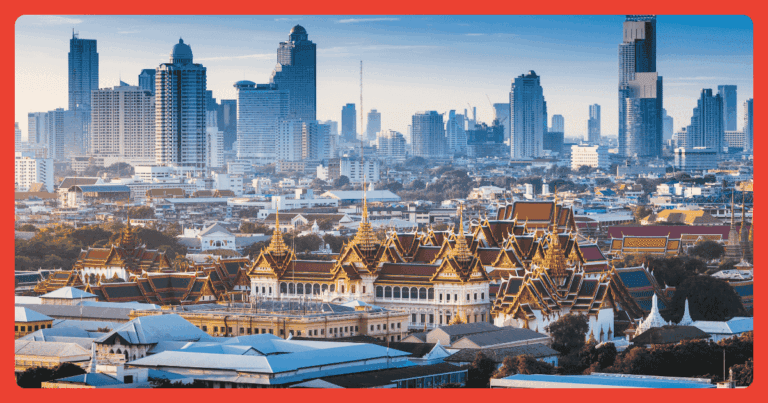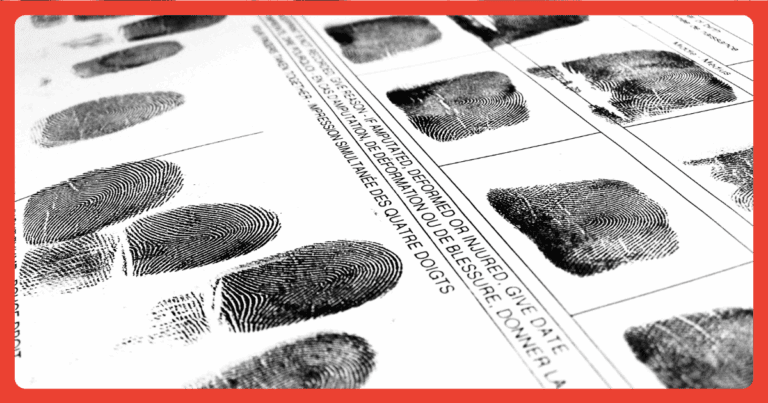
Table of Contents
Thailand is one of the most popular destinations in the world for couples seeking a unique, memorable, and legally recognized wedding. But while the vision of a stunning beach ceremony is romantic, the reality of the legal process can be a bureaucratic maze. Understanding the required paperwork is essential for a stress-free experience.
This guide explains the entire legal marriage process step-by-step, from your embassy visit to the final registration. We’ll cover the required documents, realistic timelines, costs, and how to avoid common pitfalls that can derail your plans.
First, The Critical Difference: Legal vs. Ceremonial Wedding
Many foreigners are unaware that the beautiful wedding ceremony they have on the beach or at a temple is purely symbolic. It holds no legal weight and is not recognized as a real marriage by the Thai government or any other country.
- A Ceremonial Wedding is the event with the vows, rings, and celebration. It is not legally binding.
- A Legal Marriage is the official registration of your union at a local government office, known as an Amphur or Khet (District Office). This is the process that results in a legally recognized marriage certificate.
This guide focuses exclusively on the steps required for a legal marriage in Thailand.

Need Certified or Legalized Translations for MFA or Embassy Use?
Our native translators and legalization team handle everything for you.
Get in Touch >
Documents Required for Marriage Registration
The required documents are the most critical part of the process. Having everything in order is essential for success.
For Each Foreign Applicant:
- Passport: Your original passport, valid for at least six months, plus signed photocopies of the main photo page and your current visa stamp.
- Affidavit of Freedom to Marry: This is the cornerstone document. It is a sworn statement, obtained from your country’s embassy in Bangkok, confirming your identity, nationality, and legal capacity to marry. It is sometimes called a “Declaration of Single Status” or similar.
- Certified Thai Translation of the Affidavit: The affidavit and your passport, both issued by your embassy, must be professionally translated into Thai.
- If Divorced/Widowed: You must present your original Divorce Decree or the Death Certificate of your late spouse. These documents must also be translated into Thai and legalized.
If Marrying a Thai National, They Will Need:
- Thai National ID Card (Bat Prachachon): The original card and a signed copy.
- House Registration Document (Tabien Baan): The original document and a signed copy.
- If Divorced/Widowed: The original Divorce or Death Certificate is also required.
- Name Change Certificate (if applicable): If their name has ever been legally changed.
The Step-by-Step Legal Marriage Process
Follow these four steps in chronological order. Do not skip any of them.
Step 1: Obtain the Affidavit and a Certified Copy of Your Passport from Your Embassy
Your first official stop is your country’s embassy or consulate in Bangkok. You must book an appointment in advance. Here, you will declare that you are legally free to marry. The embassy official will witness your declaration and provide you with the notarized Affidavit of Freedom to Marry and a Certified Copy of Your Passport.
💡 Tip: Each person getting married needs their own affidavit. If you are two foreigners marrying each other, you will both need to complete this step at your respective embassies.
Step 2: Translate the Affidavit into Thai
The Amphur (District Office) operates exclusively in the Thai language. Therefore, your English affidavit must be professionally translated into Thai by a certified translator. The translation must be stamped and signed by the translation company to be considered official.
Step 3: Legalize the Documents at the MFA
This is a mandatory step. You must take your original affidavit AND its certified Thai translation to the Legalization Division of the Ministry of Foreign Affairs (MFA) at Chaeng Watthana, Bangkok. The MFA officer will verify that the signature from your embassy official is authentic and affix an official stamp, thereby “legalizing” it for use within the Thai government system.
- Standard Service: Takes 2-3+ business days.
Step 4: Register the Marriage at the Amphur (District Office)
This is the final step where you officially get married. Once your documents are legalized by the MFA, you can go to any District Office in Thailand. You must bring:
- Your original passports.
- The original affidavit and its translation, now both stamped by the MFA.
- Two Witnesses: They must be over 20 years old and bring their original passports or Thai ID cards.
- An Interpreter: The registration is conducted in Thai. If one or both of you do not speak fluent Thai, you are legally required to have an interpreter present.
After the registrar reviews your documents, you will sign the marriage register. You will then be issued your official Thai Marriage Certificate (Kor Ror 3) and a copy of the Marriage Register (Kor Ror 2).

After the Wedding: Crucial Final Steps
For your marriage to be recognized in your home country, you have a few more things to do:
- Translate Your Marriage Certificate: Have your new Thai Marriage Certificate translated into English by a certified translator.
- Legalize the Translation: Take the translated marriage certificate back to the MFA to be legalized one more time.
- Report the Marriage: Finally, take the legalized translation of your marriage certificate to your embassy to officially report your marriage. This formally registers your union in your home country’s system.
Timeline & Costs Overview
A realistic timeline is 10-14 working days, assuming no public holidays or unexpected delays.
- Day 1: Embassy Appointment for Affidavit.
- Day 2: Submit Affidavit for Translation.
- Day 4: Collect translation and submit all documents to MFA for legalization.
- Day 7-8: Collect legalized documents from MFA.
- Day 9: Go to the Amphur to make a booking
- Day 10-14: Go to the Amphur with witnesses and interpreter to register the marriage.
Estimated Costs
| Item | Estimated Cost (THB) |
|---|---|
| Embassy Affidavit Fee | 1,500 – 5,000 per person (varies greatly by embassy) |
| Certified Translation | 700 – 1,500 per document |
| MFA Legalization Fee | 400 for original and translation (Standard) |
| Amphur Registration Fee | Minimal (appointment generally required) |
| Witnesses & Interpreter | 3,000+ if hired |
Frequently Asked Questions (FAQs)
Is a Thai marriage certificate valid in my home country?
Yes, absolutely. Once you complete the entire process including the final steps of translating your certificate and reporting it to your embassy, your marriage is legally recognized worldwide.
Can we skip the MFA legalization step?
No. A document issued by a foreign embassy (the affidavit) is not automatically valid in the Thai legal system. The MFA legalization is the official bridge that makes it acceptable to the Amphur. This step is 100% mandatory.
What’s the difference between the Kor Ror 2 and Kor Ror 3?
The Kor Ror 3 is the official, single-page Marriage Certificate. The Kor Ror 2 is the Marriage Register, a multi-page document with more details that you both sign. The Kor Ror 3 is the primary document you will use as proof of marriage.
Can we get married at any Amphur (District Office) in Thailand?
Yes, you can register your marriage at any district office in the country, from Bangkok to Phuket to Chiang Mai, as long as you have all the correctly legalized documents.
Let Us Handle the Paperwork For You
Getting married in Thailand is an unforgettable experience, but the legal paperwork can be stressful and overwhelming. A single mistake can cause delays and ruin your plans.
👉 Sawadee Translations – Marriage Packages are designed to handle every legal detail for you, including:
- Certified Thai translations of all your documents.
- Full submission and collection service at the MFA.
- Arranging for a professional interpreter and witnesses at the Amphur.
- Providing a certified English translation of your Thai marriage certificate after the registration.
Start your marriage journey in Thailand the easy way. Let us take care of the details so you can focus on your special day.

Need Certified or Legalized Translations for MFA or Embassy Use?
Our native translators and legalization team handle everything for you.
Get in Touch >
Share this post:
This post was last updated September 2025.







